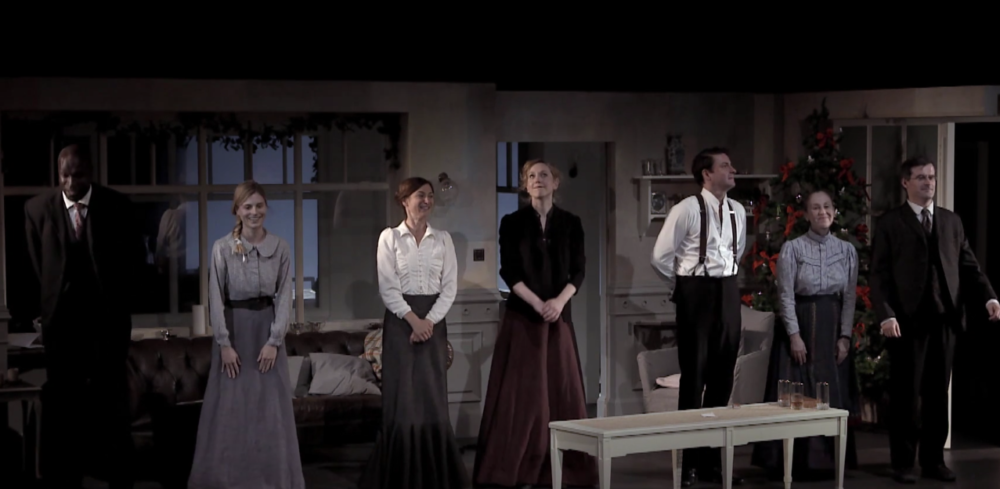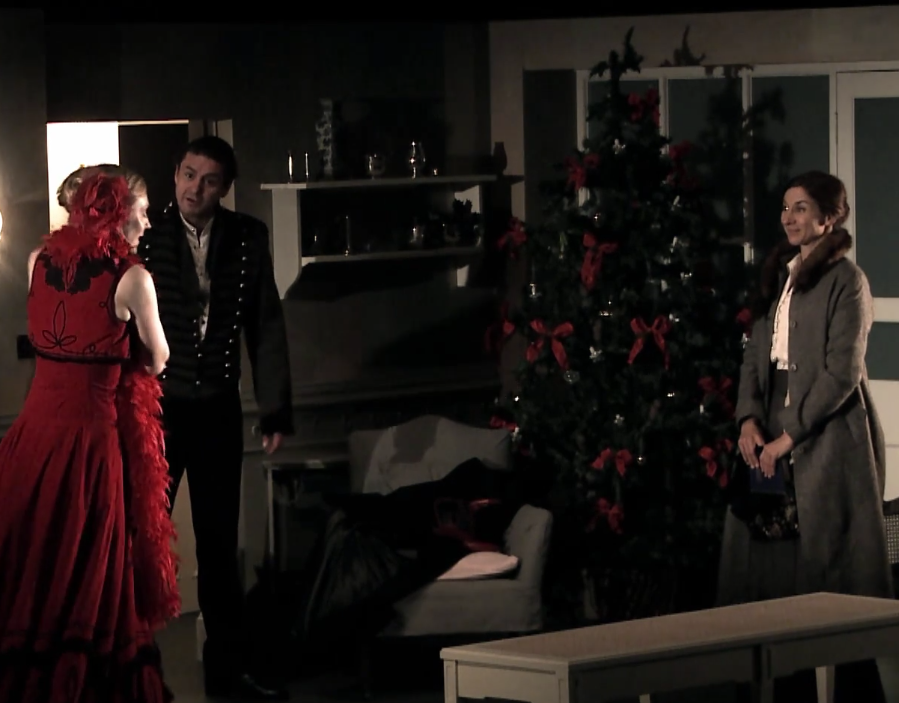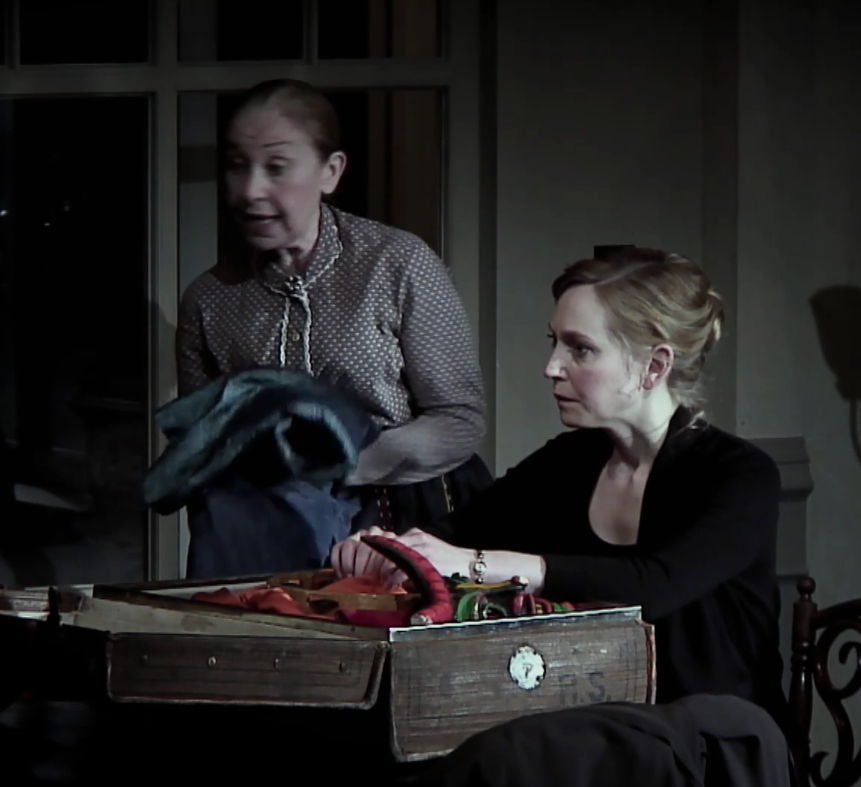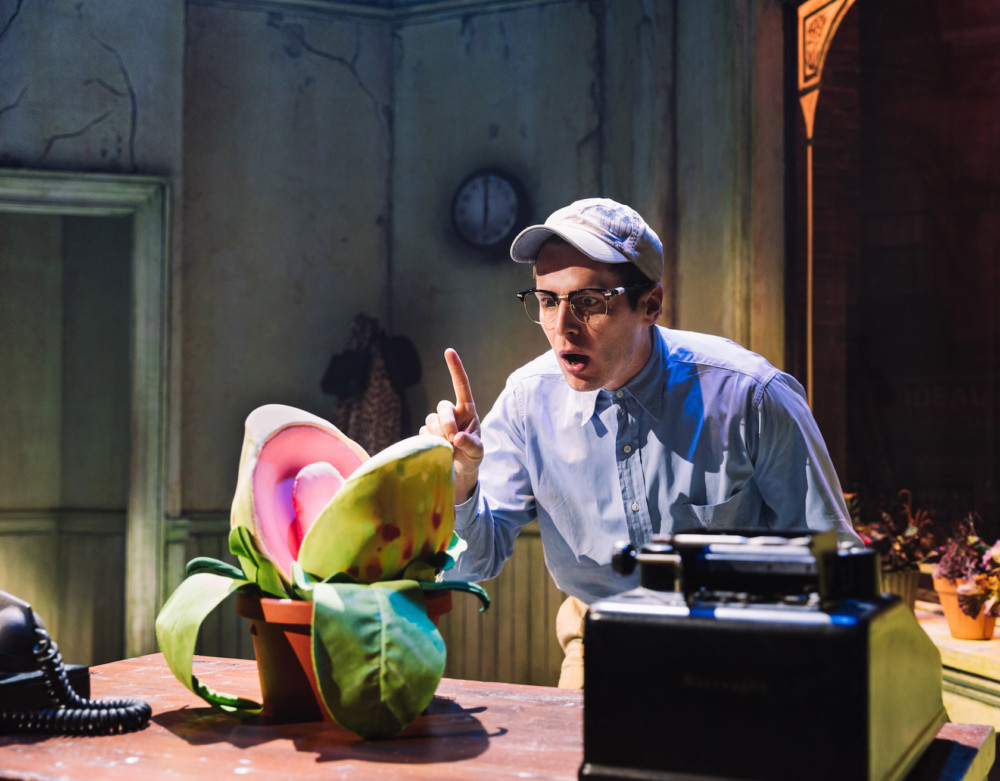
The Cast
by Carol Rocamora
In some versions, she’s a songbird or a skylark. In Simon Stephens’s version, she’s a swallow or a bluebird. Whatever her husband Torvald calls her, Nora is belittled, trivialized and infantilized, and every time we see her suffering onstage, we feel her humiliation all the more.
Forgive me – by now, I should have more of a sense of humor after seeing Ibsen’s A Doll’s House all these years, in so many revivals and adaptations. The idea that a woman in a marriage could become so deprecated, so demeaned, so diminished, so “doll-ified,” is utterly ludicrous today. Unimaginable, right? I guess not. Otherwise this classic wouldn’t be one of the most frequently performed plays on the contemporary world stage, since its premiere in 1879. With numerous major productions in London and New York over the past decade, the message is clear – audiences still want to hear Nora slam that door on an unjust marriage and an unjust society.
You know the story of course. Nora Helmer (here, a magnetic Hattie Morahan), a young Norwegian house wife, having fraudulently borrowed money to save her husband’s life, is forced to reveal her secret and, in doing so, face her own life and find the courage to make a radical change. Such a scanty plot summary doesn’t do justice to Ibsen’s intricate melodrama, featuring blackmail, emotional abuse, a love triangle, and the threat of a scandal.

So let’s focus on what Simon Stephen’s adaptation highlights – namely the issue of how a woman can survive in a stifling marriage and a rigid society (short version – she can’t, but it takes a lot of suffering to bring her to that realization). In 1879 Norway, a woman cannot borrow money – hence, Nora’s desperation to save her husband’s life that drives her to forge her father’s name on a bank loan. As for marriage to Torvald (Dominic Rowan), an ambitious middle-class banker and pillar of society, Nora is a doll, a possession, totally dependent on her paternalistic, possessive husband. She has no money – nor can she earn it (it wouldn’t be “respectable” for a woman in her class). “Your inability to manage your own life makes you attractive to me,” says Torvald. “It makes me realize that I’m a man and you’re a woman.”
This self-destructive mixture of sex and subservience in marriage is played to the hilt by Hattie Morahan in the role of Nora. When we first meet Nora, she’s the perfect “doll,” beguiling her husband to give her housekeeping money, which she then passes on to Krogstat (Nick Fletcher), a down-on-his-luck former banker who is blackmailing her by threatening to reveal her forgery to her husband. Nora is alternately servile and helpless, then childlike and impetuous, flitting about the house like a so-called skylark, dancing a frantic tarantella to attract and distract Torvald. “I survived by performing tricks for you,” she later explains, in a final moment of self-revelation.
She’s also the most seductive Nora I’ve ever seen, and the scenes with Torvald reveal a genuine heat between them. Moreover, she doesn’t hesitate to use her sexual charms on the admiring Dr. Rank (Steve Toussaint), family friend and part of the household love triangle, to position herself for possible financial benefit.

Morahan’s daring performance is fueled by an anxiety close to hysteria, as Krogstat delivers on his threats to reveal Nora’s forgery – an act that serves as a catalyst for the final, devastating confrontation between wife and husband. Director Carrie Cracknell intensifies Nora’s mounting crisis by staging the play on a revolving set, designed by Ian MacNeil. As her doll’s house turns and turns, faster and faster, Nora’s world spins apart to the breaking point.
In addition to Morahan’s arresting performance and MacNeil’s spinning set, this smart Young Vic production (2012) provides other notable features. Christine (Yolanda Kettle), Nora’s confidant, offers an especially admirable portrait of a self-supporting woman, who offers love and redemption to the repentant and ultimately pitiable Krogstat.
“No one would sacrifice his honor for the person he loves,” insists Torvald, in response to the threat of a scandal. “Thousands and thousands and thousands of women have done,” replies Nora. It’s the line that always gets the most applause in Ibsen’s proto-feminist play.
So the question remains: will Nora achieve the self-knowledge and independence she seeks, after she slams that door on a life-threatening marriage? Contemporary playwright Lucas Hnath offers an answer in his clever new play, “A Doll’s House 2” (2017), featuring a Nora who returns 15 years later. She’s now a successful writer, and demands a divorce from Torvald. Stay tuned…
A Doll’s House, by Henrik Ibsen, in an English language version by Simon Stephens, directed by Carrie Cracknell at Young Vic Theatre, London, July 2012, now streaming on Broadway HD.


















